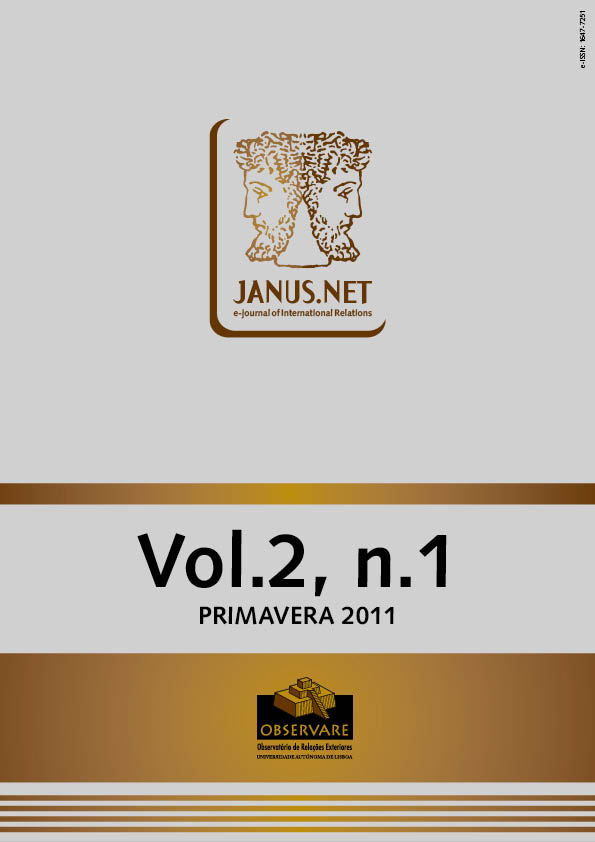Understanding relationships between states has always been essential for the exercise of their foreign policy. Knowing how to better defend their own interests to avoid exposing vulnerabilities to the greed and desire of others has been decisive, over time, for those in charge of negotiations to successfully conclude them with the least possible damage. The decision was itself surrounded by caution, after the decision maker had taken counsel from his most prudent and informed advisers. These were experienced and skilful men, in terms of the knowledge they possessed and in the way they manoeuvred the web of intrigue surrounding the business in question or the interest at stake. Experience and skills were acquired from practice or from the study of history. The latter stimulated plots, invoked reasons, and predicted consequences. In short, either due to experience or in-depth study, negotiating was an art that required finding out about other people’s intentions and concealing own interests. It has always been so and will remain so.
International Relations, History and Strategy: conflict as explanatory dynamics
http://hdl.handle.net/11144/502
Fraga, Luís Alves de
Abstract
Keywords
Relações Internacionais
Artigo publicado em 2011

